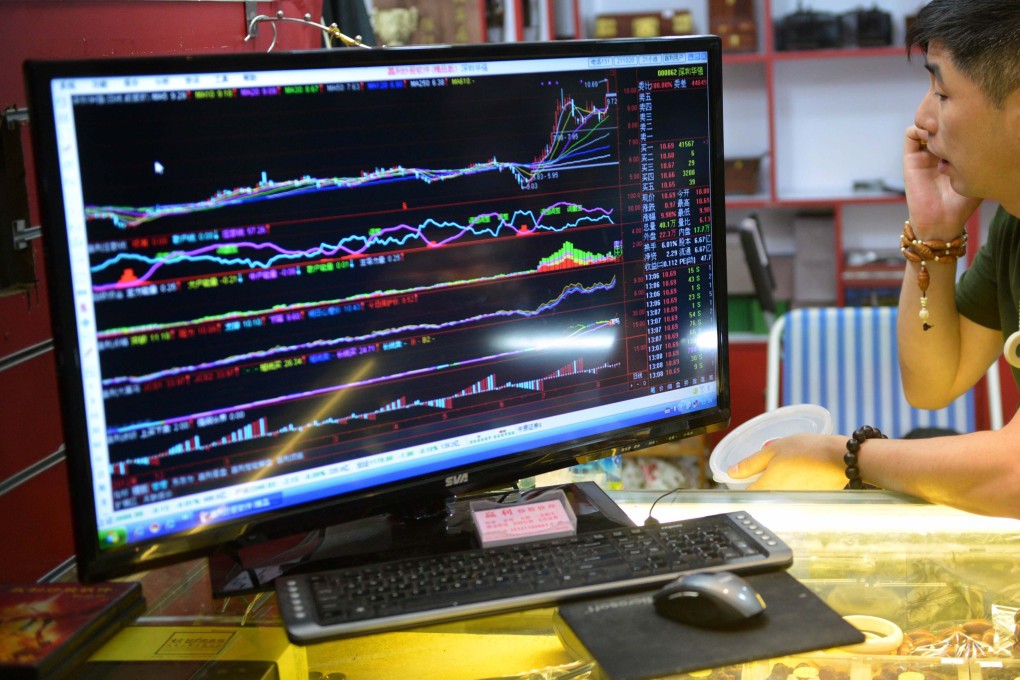Hong Kong stocks snap 3-day rally before Tencent and Alibaba earnings while developers retreat on China stimulus concerns
- Tencent has reportedly started a new round of lay-offs before its third-quarter report card due later today
- Property developers surrender some of this week’s gains as analysts view Beijing’s policy incentives as insufficient to end the industry rot

The Hang Seng Index fell 0.5 per cent to 18,256.48 at the closing of Wednesday trading, retreating from a seven-week high. The Tech Index declined 0.2 per cent while the Shanghai Composite Index lost 0.5 per cent. An index tracking US-listed Chinese stocks surged 7.6 per cent overnight in New York.
Limiting losses, Tencent Holdings added 2.2 per cent to HK$294.40 amid local media reports the WeChat operator has started a new round of lay-offs as it prepares to release its third-quarter report today.
“The plunge in the share prices of property developers is a justified correction, as they are still struggling with debt crisis, and the recent policies won’t have an immediate impact,” said Dickie Wong, an executive director at Kingston Securities. “I’m more optimistic on the tech companies, as their earnings are likely to be solid and there’s no regulatory headwinds facing the sector.”